Amador County: Faces Of Suicide Prevention
This project is funded by a USC Annenberg Center for Health Journalism grant.
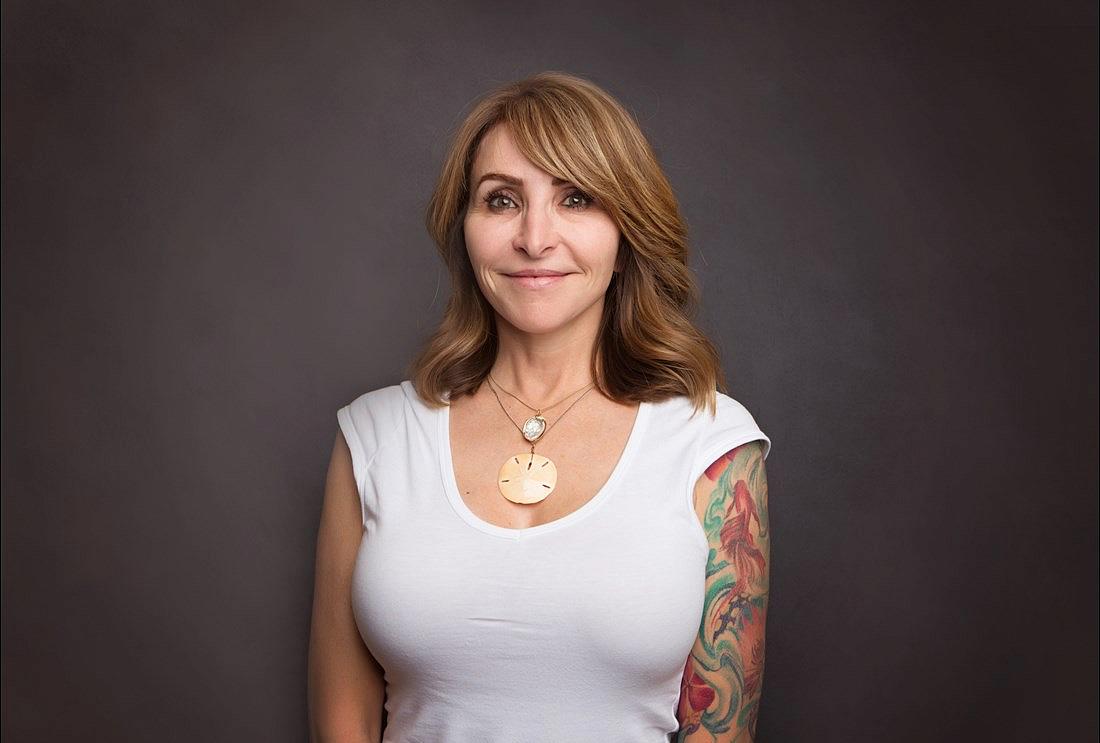
(Photo Credit: Vanessa S. Nelson/Capital Public Radio)
For a long time, Amador County has had a culture of silence around suicide. There’s a growing coalition of residents trying to break it, in hopes of convincing friends, family and neighbors to get help. Here are some of the people who are speaking up.
Lisa Conti-Ripley
Nexus Youth and Family Services
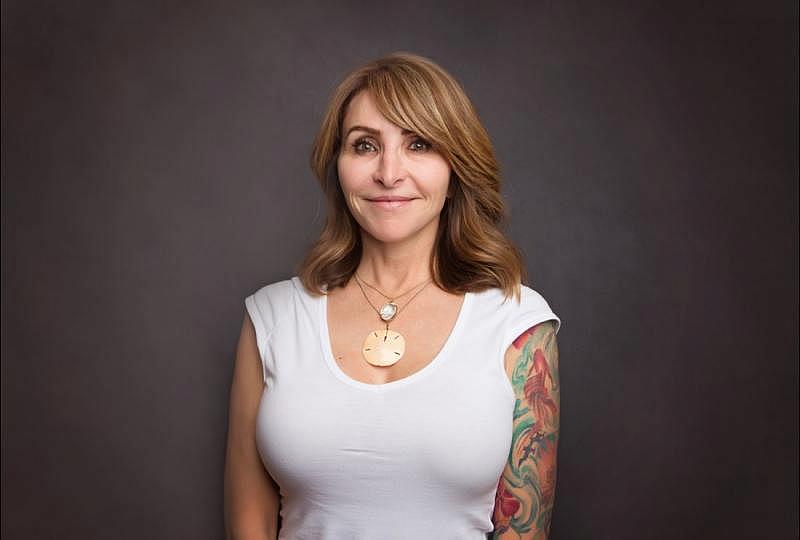
“It is not that you want to die, you just want the pain to end. Don’t do it. Life always gets better.”
Stacey Larson
Parent to a child with mental illness
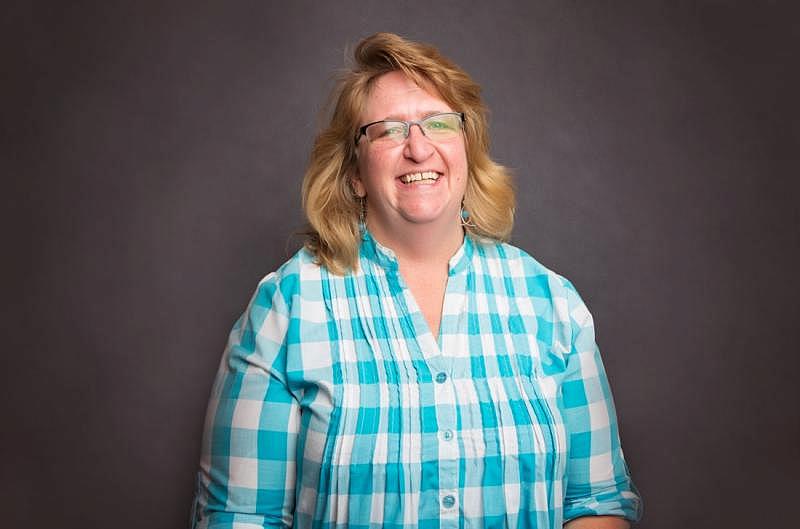
“[Suicide] can affect anyone. Every class, everyone can and will be affected. Get help, ask for help. Share stories and talk about it.”
Jim Ducray
Marriage and Family Therapist
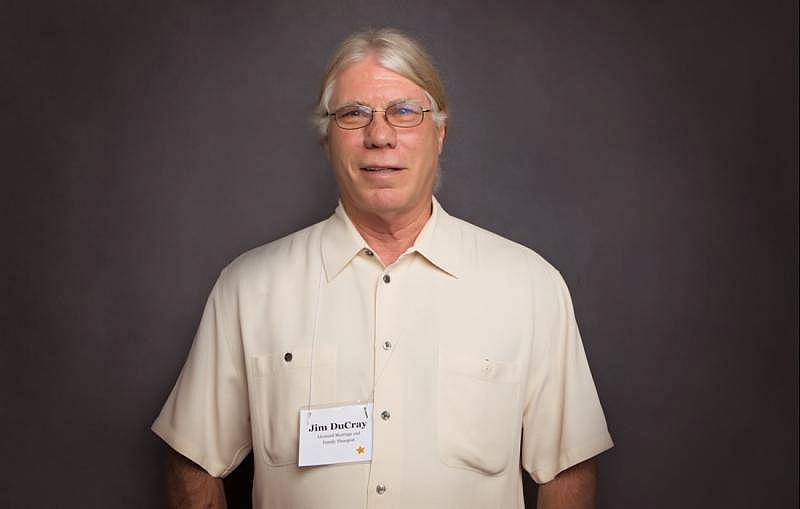
“[Suicide] is often a permanent solution to a temporary problem.”
Christina Bianchi
Amador County Public Schools
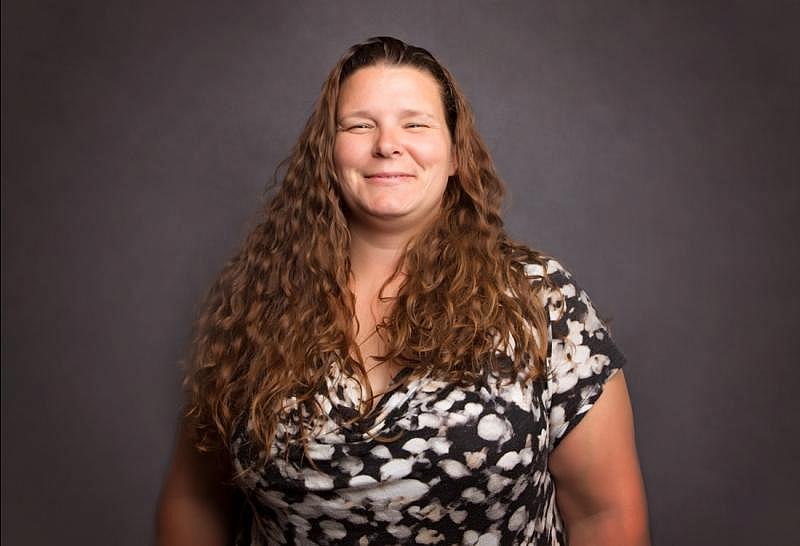
“Anyone is capable and everyone feels lost at one time or another. There is no coming back [from suicide] and it takes courage to live and get help but living is worth it.”
Martha Golay
Amador Tuolumne Community Action Agency
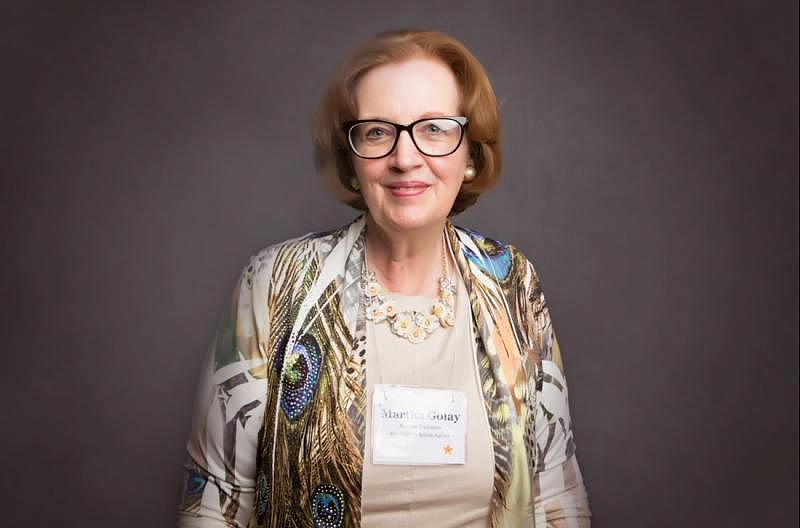
“Be willing to be alert and aware that a friend, neighbor, colleague could be having thoughts of suicide. They need someone to listen non-judgmentally about their thoughts of death. Don’t be afraid about their thoughts of death. Don’t be afraid to ask someone about suicide. Your attention to them may be all they need.”
Nichole Mulford
Victory Village Veterans Center
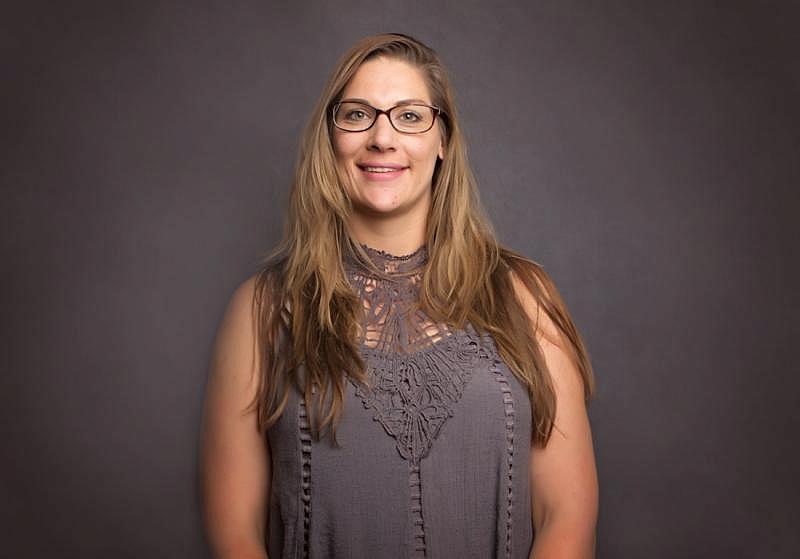
“Reach out to those who are isolating themselves. Be a friend!”

